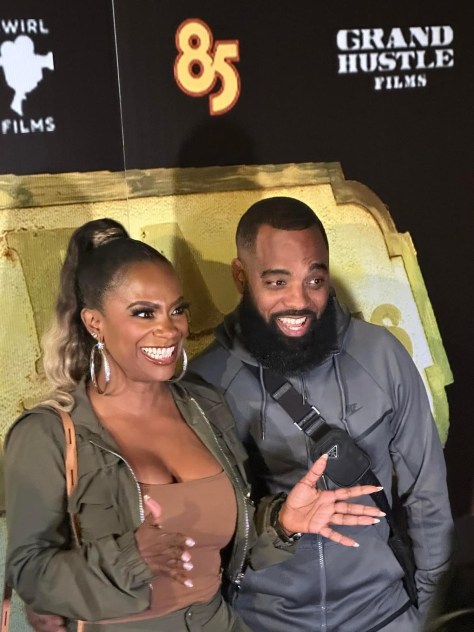
Mountains of moral dilemma loom large as the secrets of an isolated family living in the French Alps become the sprawling stuff of courtroom drama in director/co-writer Justine Triet’s gripping masterpiece Anatomy of a Fall (Anatomie d’une chute) (A+). In a magnificent role and meticulous performance, Sandra Hüller stars as a steely novelist trying to prove her innocence in the mysterious circumstances of her husband’s death. Samuel Theis plays her troubled spouse, largely depicted in creative flashbacks; and the talented child actor Milo Machado-Graner portrays their pensive visually impaired son. The boy and his dog were the lone witnesses to the tragedy in the snow-capped terrain. Also very effective in their roles are Swann Arlaud as the protagonist’s wily lawyer and Antoine Reinartz as the hard-charging prosecutor, and the labyrinthine particulars of the complex French judicial system prove surprisingly entertaining and insightful. Triet consistently plays with point of view, with what she shows and what she doesn’t, as she spins the plates of austere human drama and confounds audience expectations about the table stakes and motivations of the film’s unconventional family. The fact the central character is a German who speaks English and attempts to speak French further clouds the issues at hand, creating layers of confusion and complexity around her outlook. Fans of crime thrillers will enjoy the procedural elements of the story, and the voyeuristic camera work and exacting pace leave lots of room for revelations and interpretations about the trappings of matrimony and the motivations of artists. Hüller’s bravura performance in particular anchors the family drama in cerebral shades. There are also some chilling implications for the role of perspective in determining the outcome of justice; and viewers are certain to have hot takes on Hüller’s icy character. This is brilliant, twisty human drama and among the best films of the year.













































